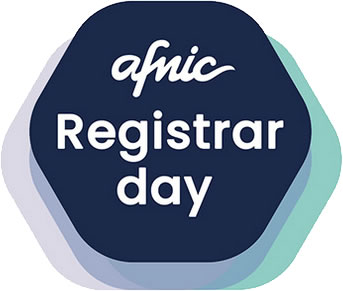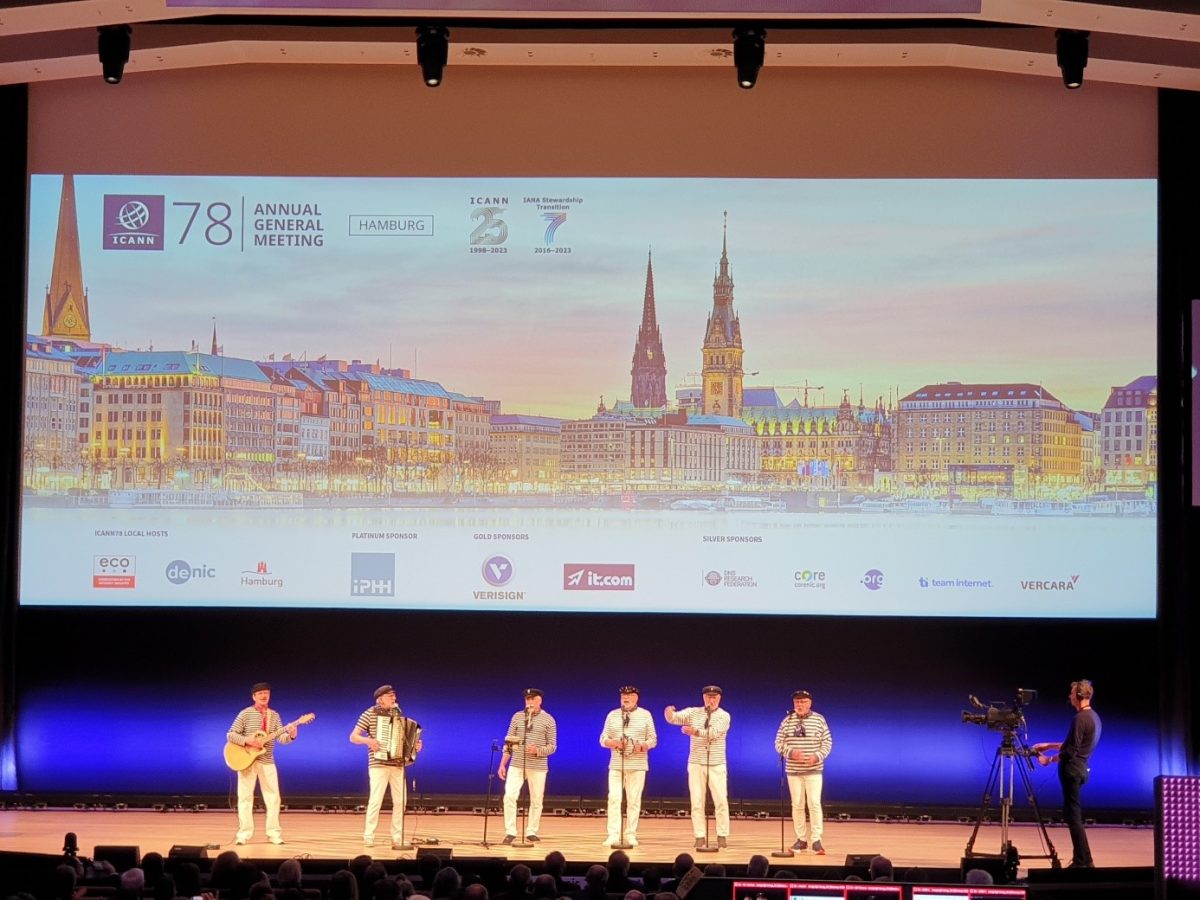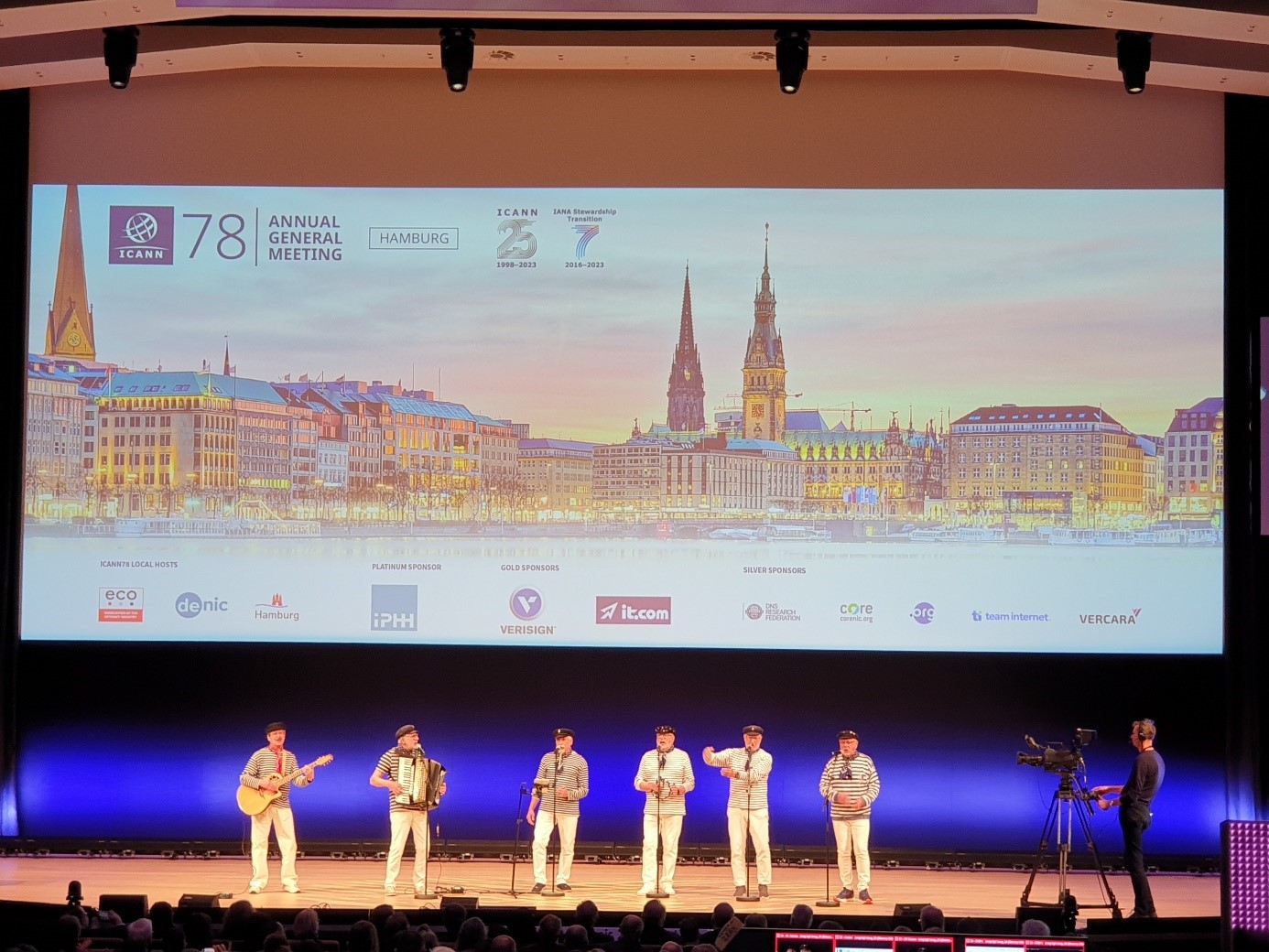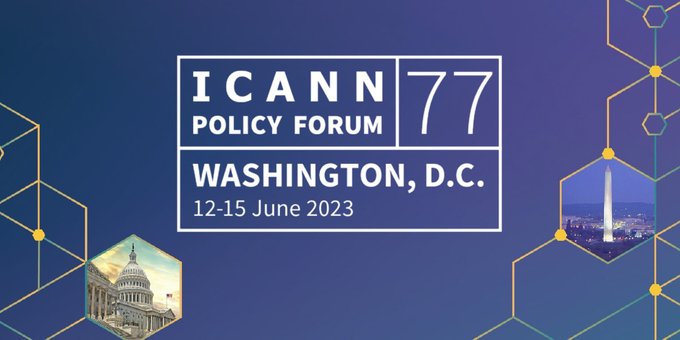
ICANN83, which has just taken place in the Czech capital, provided an opportunity to measure the progress made in setting up the next series of new generic top level domains, confirmed to start in April 2026. It was also an opportunity to continue the consultations begun at ICANN82 on developments to be considered to optimize the ICANN summits, and to focus attention on policy issues partly linked to the NIS2 cyber-security directive.
After registering online or on site, participants in the summits of ICANN, the Internet’s regulatory body, can view the agenda for the sessions scheduled during the summit. Prague hosted the 83rd ICANN Summit. For mid-year summits with no public forum and no opening ceremony, it’s always interesting to look at both ends of the agenda to identify the important topics of the moment.
The essential next round of new generic top level domains
It’s no surprise that participants of the first day of the summit were immersed in the Subpro process which concerns the introduction of a new round of new generic extensions promised for April 2026.
Indeed, ICANN83 was held just 10 months ahead of the next application window for all entities wishing to create their Internet extension. And this is a vital issue for the organization, firstly in financial terms, as ICANN has made major investments to strengthen and upgrade its infrastructures, and also to increase its workforce to manage the surge in activity as the window approaches. The stakes are also technical and legal, and in terms of reputation, as this process is highly engaging and impactful for all entities that will be taking the step of creating their own Internet extension in 2026.
On the implementation process and timeline, the good news is that the implementation schedule is on track. A first draft of the application guide book is open for public comments until July 23. The application submission window has been confirmed to last 12 to 15 weeks from April 2026.
If we look at the changes introduced in the next round compared to the one that took place in 2012, there is in particular the possibility of positioning oneself on a second choice of string. Once the requested strings have been revealed to the public – what ICANN refers to as the “Reveal Day” – applicants will have 14 calendar days to decide whether or not to position themselves on their second choice. This may make it possible to avoid an auction against entities that have positioned themselves on the same string. Private resolutions of disputes between candidates for the same string, authorized in 2012, will not be allowed in 2026. This approach has been favored in order to divert the interest of entities interested in the next series for essentially speculative reasons.
The Applicant support program to help entities with funding or other resource issues is also more complete than it was in 2012, even if, as presented in Prague, there are only 22 applications in the draft stage at this stage.
ICANN also pointed out that the evaluation of technical operators has been partly automated and that, in terms of inclusiveness, more scripts will be taken into account in 2026: 33 in all. Indeed it will be possible to apply for internationalized Internet extensions, i.e. those written with diacritical characters, as required by many European languages, or characters from non-Latin scripts.
At the other end of the agenda was the future of ICANN meetings
Faced with engaging topics, the community of Internet users needs to exchange ideas and points of view and in this respect ICANN meetings are essential. Although since the covid pandemic in 2020, ICANN has opted for so-called “hybrid” formats, i.e. allowing participants to follow the sessions either face-to-face or remotely, ICANN has also had to cope with a significant increase in the costs of organizing these annual events. There are four in all, if we add a more operational summit to the three dedicated to domain name policy issues.
In Seattle, ICANN initiated a reflection on the future of these events in a community process called “How we meet”. In the equation for organizing these indispensable exchanges with the community, ICANN also indicated that it had to take into account the high demands of security, accessibility and inclusiveness.
At ICANN83, Sally Costerton, who is in charge of this topic, presented the results of a survey conducted among participants and stakeholder representatives, based on proposals for future meetings. Strongly supported proposals included prioritizing the location of meetings to venues offering economical travel deals, and establishing a policy to automatically transfer an ICANN meeting to an online format in the event of unforeseen circumstances requiring a meeting to be moved from a scheduled venue.
Still 72% in favor, the reduction by one day of the two Community Forums, which correspond to the first and third ICANN annual meetings, and the reorganization of the session agenda by moving the public forum and the forum on geopolitical aspects from the last to the first day of the Community Forum. The underlying idea here is to reduce the rental period for a plenary room to a single day instead of taking it for the whole meeting. There are no small savings.
On the other hand, the principle of converting one of the annual meetings into a purely remote format was widely rejected. The working group that has taken up this subject has recorded these elements in a report, and is now continuing its discussions with a view to reaching a decision.
The NIS2 cybersecurity directive is not far off
At the time of the ICANN83 Summit, 14 European Union countries had transposed the NIS2 cybersecurity directive into their national laws. These transpositions are of interest to ICANN, as several subjects are linked to the domain name component of the directive, as set out in Article 28.
Related topics include the accuracy of registration data, and access to domain name registration data for legitimate purposes through a Standardized System of Access to Registration Data (SSAD) outlined in 2020 with the ePDP Phase 2 policy development process. While the review of policy measures concerning the accuracy of registration data has been paused, the implementation of SSAD is still uncertain. A prototype called Registration Data Request Service (RDRS) has been tested for almost two years now, and ICANN is in the feedback stage.
The Governmental Advisory Committee, which represents governments, once again reiterated at the summit that requests for access to registration data, if urgent and linked to legal issues, must be processed within 24 hours. The new Registration Data Policy, which will come into full effect at the end of August 2025, has left this notion of timeframe somewhat vague. Behind this notion of urgent requests, it was recalled that these are requests that involve an imminent risk of threat to life, serious injury, damage to critical infrastructure or exploitation of children, in cases where disclosure of the data is necessary to combat or remedy this threat. The notion of critical infrastructure refers to physical and cyber systems considered essential by governments for the functioning of society and the economy, and deserving special protection for national security.
One of the central topics at ICANN83 was how to manage the authentication of entities that would benefit from prioritization.
Also related to NIS2 was the presentation of a study by the DNS Research Federation on the territorial impact of the NIS2 directive. The study, carried out on over 8 million domain names, shows that European registries have almost 70% of their name holders outside the EU, a proportion which drops to 29% for registrars. It also shows that for all EU-based entities, there is a large offshore customer base. This is particularly important for registries, but also for registrars and resellers. This difference is due in particular to increased market concentration.
Nameshield is historically a sovereign European corporate registrar, ISO27001 certified since 2017 and with its own CERT. Our expertise guarantees NIS2 compliance for your intangible assets.
Regarding the next series of new generic extensions arriving next year, Nameshield also reminds you that now is the time to ask yourself if you should position yourself on a .brand extension creation project. Indeed, as ICANN83 has shown with regard to the financial support scheme for applicants seeking financial support from ICANN, many entities simply don’t know whether they should participate, and if so, how they should go about it. While some will also delay in order not to reveal their intentions too early, the risk for these entities is to let the deadlines slip. Both the Applicant support program and the application window have start and end dates. The Applicant support program closes in November 2025, while the next application window should close between July and August 2026.
Let’s meet to discuss these issues together, because opportunities to create your own exclusive Internet extension based on your brand are few and far between.
Image source : Leonhard Niederwimmer via Pixabay














![[New gTLDs] Google launches .ING and .MEME](https://blog.nameshield.com/wp-content/uploads/2024/02/Nom-de-domaine-en-.ing-et-.meme_-1200x743.jpg)
![[New gTLDs] Google launches .ING and .MEME](https://blog.nameshield.com/wp-content/uploads/2024/02/Nom-de-domaine-en-.ing-et-.meme_.jpg)




